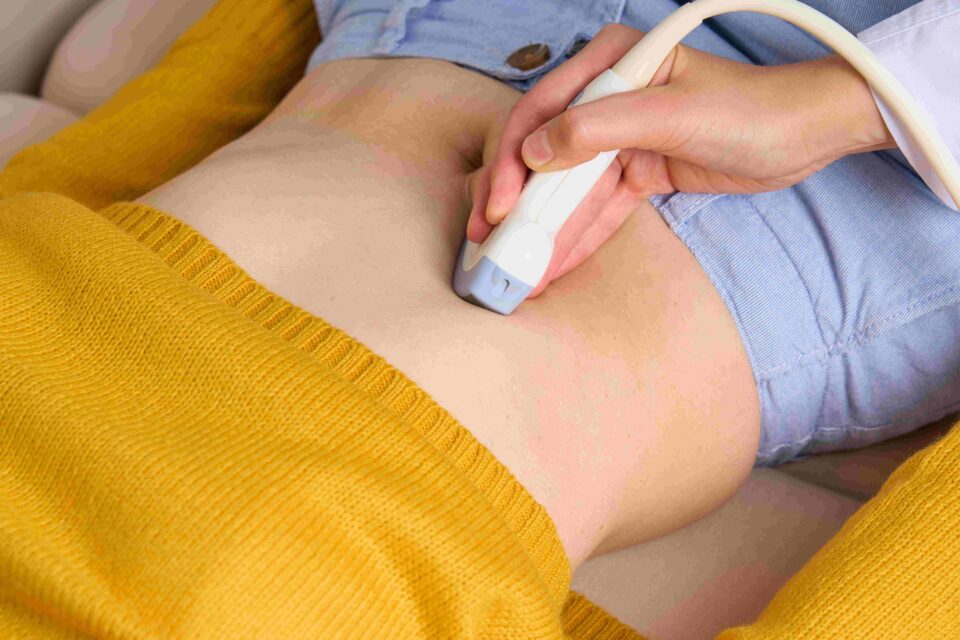Gallbladder removal is a very common surgery, but it may have some dire side effects.
The gallbladder is a small pouch-like organ that’s responsible for storing and releasing bile. Bile is a substance made by the liver to help digest fats.
Your doctor may recommend a gallbladder removal surgery in several cases. The most common are gallstones, bile duct stones, or inflammation caused by gallstones. Thankfully, the gallbladder is not a primary organ and you can continue with your regular life even after gallbladder removal.
But, before opting for gallbladder surgery, you must know that there are certain side effects that you might experience from this surgery. Knowing about these complications will help you communicate better with your doctor and prepare well for the surgery.
Risks and side effects of gallbladder removal
1. Bile leakage
Bile leakage is a rare but very serious complication that can arise after gallbladder removal. During the gallbladder removal surgery, doctors use special clips to seal the tube that connects the gallbladder to the main bile duct.
But sometimes, there may be a leakage of bile fluid into the tummy. A bile duct injury during the operation can also result in bile leakage. The common symptoms of a bile leak after gallbladder removal surgery include tummy pain, fever, and swollen tummy. Thankfully, bile leakage is treatable with minimally invasive techniques.
2. Difficulty digesting fat
The main function of your gall bladder was storing the bile juice. Bile juice plays a crucial role in digesting fats. So, after your gallbladder removal surgery, your body will take time to adjust to the new digestion process. You may also feel uneasy or suffer from indigestion because of post-surgery medications. Many patients also suffer from diarrhea or flatulence after gallbladder removal.
3. Intestinal injury
There is a slight risk of intestinal injury during the gallbladder removal surgery. Though it is very rare, there is a probability. This may result in cramping and pain. However, some pain after the surgery is normal but if the persists after a few days, then you must consult your doctor.
4. Retained stone in the bile duct
This too is a rare complication. But sometimes, a gallstone may remain in the common bile duct after gallbladder removal surgery. This can result in severe pain, jaundice, bloating, nausea, vomiting, pain, and fever. A complete blockage can also cause severe infection in the abdomen.
You will need to undergo an additional procedure to remove gallstones that are retained in your common bile duct. That’s why it is important to go for regular check-ups at least for the first three months after your gallbladder removal surgery.
5. Constipation
Though the removal of the gallbladder does not cause constipation, your decreased activity post-surgery, anesthesia, antibiotics, and pain-relieving medicines can cause constipation. Make sure to increase your water intake to avoid constipation. If you are a chronic constipation patient, then discuss this with your doctor before starting the procedure.
Also Read: Ayurvedic Home Remedies and Diet Tips for Constipation
When to see a doctor
It’s quite normal to have some side effects after surgery. But if you notice any of the following symptoms then you must consult your doctor immediately:
- Intense Abdominal pain even after days
- Nausea or vomiting
- Yellowing of your skin
- No bowel movement or passing of gas
- Diarrhea that continues for three or more days
- Severe constipation
Your Takeaway!
Gallbladder removal is a very common surgery. But like any other surgery, there are certain complications that you must know of, even if you go for laparoscopic surgery. It is highly recommended to take at least a month of rest after the surgery to recover well. The amount of rest required after gallbladder surgery will vary depending on the individual and the procedure performed. Generally, most people can expect to need several weeks to fully recover from the surgery.
You should always follow the instructions and advice provided by your surgeon and a medical team regarding recovery time and activities, as the recovery time can vary depending on factors such as the type of surgery, the patient’s overall health, and any complications that may have arisen during or after the surgery.
Also, if your gallstone is small, you can try Ayurveda to remove the stone naturally without going through surgery.
But if your gallstone is big or you are already facing serious complications, then you may opt for gallbladder removal surgery. Thankfully, you can live a healthy life even without the gallbladder. But do keep an eye on your diet. Avoid fatty and high-fiber foods. Caffeine should also be avoided. You should keep your meals light and easily digestible.

